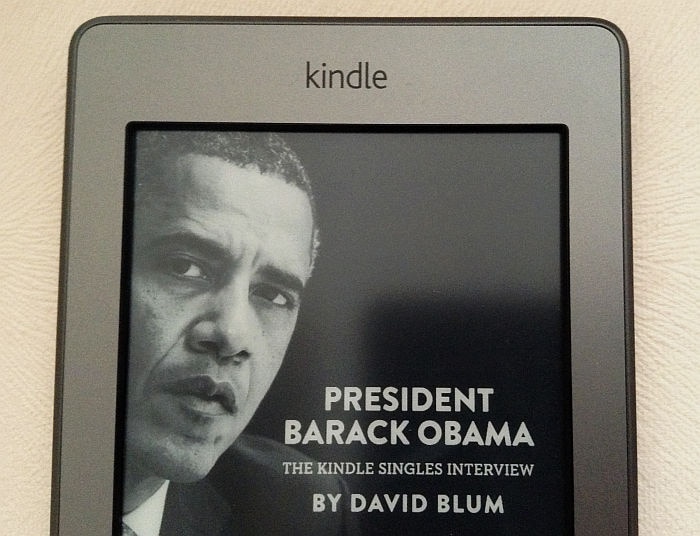Hypocrisy, Thy Name is Amazon

Amazon has strict rules who can say what on its website. If they think that there is even the slightest chance that a reviewer was being rewarded by or had any connection to an author, the reviewer (and sometimes even the author) can get banned.
At a minimum, the review will be censored:
Thank you for reaching out today, Lissa. I'm sorry your review was rejected. Being linked to an author on Facebook, Twitter or another social platform can contribute to bias. Please take a moment to look over the review guidelines: https://t.co/Jf96N8VAVs ^SP
— Amazon Help (@AmazonHelp) August 29, 2018
Those rules only apply to Amazon’s site, however. When it comes to Amazon’s own business, it follows a completely different set of rules.
From The Guardian:
Amazon wants you to know it is not the exploitative employer it is often made out to be. It wants you to know you should not believe nasty reports that its workers are forced to pee in bottles because they are not allowed toilet breaks. It wants you to know it is much maligned. Indeed, the e-commerce behemoth is so eager to communicate all these points that it has taken the unusual step of paying staff to tweet nice statements about it.
You may be asking yourself: is this real life or a dystopian fantasy? I’m afraid it is very much real life. It recently came to the internet’s attention that a number of Amazon warehouse workers have been scouring Twitter for criticism of the company and replying to it with suspiciously cheerful counterpoints. Last week, for example, an account called @AmazonFCShaye responded to a tweet that said the company should pay its workers more: “Did you know that Amazon pays warehouse workers 30% more than other retailers? I feel proud to work for Amazon – they’ve taken good care of me.”
@AmazonFCShaye, it turns out, is one of several Amazon “FC ambassadors”. FC doesn’t stand for forced cheerfulness. Rather, as Amazon said last week: “FC ambassadors are employees who have experience working in our fulfillment centers and choose to take the role of being an FC ambassador, do this full-time and receive the same compensation and benefits.” In other words, the warehouse workers tweeting super-specific statistics about how much better Amazon is than other companies are doing so because they are being paid to proselytize about how fulfilled they are by their fulfillment center jobs.
If I were paying someone to say nice things about my company on Amazon’s site, I would be banned from the site. Yet Amazon thinks it is perfectly okay to have its employees run an astroturfing campaign on Twitter and other social media.
Does anyone else see this as hypocritical?


Comments
Richard Hershberger August 30, 2018 um 2:27 pm
+1
Richard Hershberger August 30, 2018 um 2:28 pm
Also, how does Amazon know who a reviewer is linked to on social media? Does it research every review? If not, how does it triage which to research?
Richard Hershberger August 30, 2018 um 2:32 pm
And again: Given the ubiquity of social media, and of social media as a tool for authors to connect with their readers, it is utterly unremarkable for authors and readers to have a social media linkage of some sort. I suppose this is bias in the sense that if I have enjoyed an author’s previous books enough to follow them on social media, I am predisposed to like the latest book by that author. But is the intent here to ban fans from reviewing?
Nate Hoffelder August 30, 2018 um 2:35 pm
it’s how authors market to readers, yes
Dilsia August 30, 2018 um 3:53 pm
The people with the money plays by different rules, simple don’t work for them if you can avoid it .
Shane August 31, 2018 um 11:51 am
"Being linked to an author on Facebook, Twitter or another social platform can contribute to bias."… isn’t this called being a fan?
Keeping authors separate from fans is a way to ensure the longevity of your ad platform 😉
Barry Marks September 4, 2018 um 10:52 am
I think Amazon paying people to say nice things on Twitter is kind of a bad thing. I don’t see how that’s connected to trying to eliminate paid reviews on their website. The latter is just a good and sensible business practice that helps us all. I want those reviews to be reliable as Amazon can make them.
As for Amazon paying to improve their image I believe that’s called PR and it’s done in many forms by nearly all companies of any size. I don’t care for this form of PR but, again, it’s the sort of thing a lot of companies do.